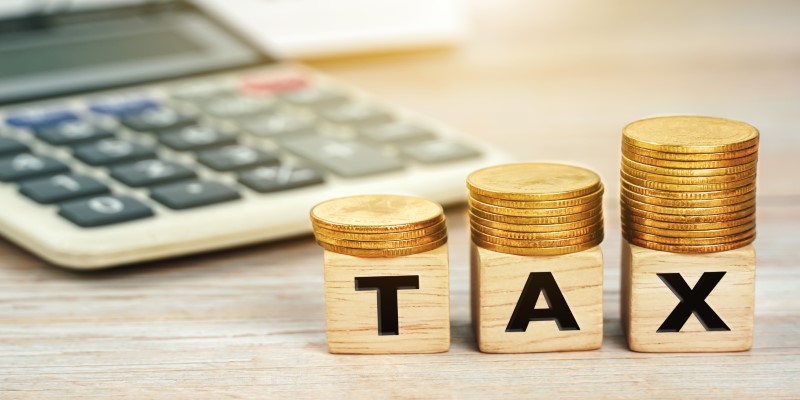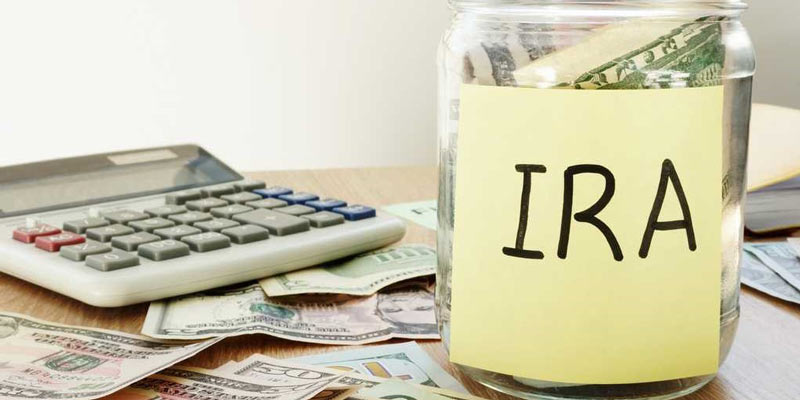
For homeowners, tax planning is similar to careful financial planning. It's significant because adhering to the laws helps in saving households money on taxes. Being a homeowner gives you the opportunity to reduce your taxable income by reducing items like property taxes and mortgage interest.
You can also receive credits for energy-efficient upgrades. In this article, we will review five crucial tax advices for homeowners. With this advice, you can take full advantage of tax benefits and stay out of trouble. If you are interested, you are at the right place. Continue reading!
5 Effective Tax Strategies for Homeowners

When you are a property owner, it's important to ensure you maximize your tax refund by taking advantage of all available deductions. You may be wondering how your taxable income, itemized deductions, home improvement, and mortgage interest will affect your tax liability. It may get complicated, but we are here to help you out through this.
Understand Your Deductions
Several expenses related to homeownership can be deducted from the taxes to reduce your taxable income. One of the biggest deductions for homeowners is mortgage interest. This deduction allows you to exclude the interest you've paid on your home loan from your taxable earnings. In other words, your taxable income decreases as you pay more in mortgage interest.
Many homeowners, especially those with large mortgage debts, can save much money on their taxes because of this deduction. Property taxes are another homeowner-related deductible item. In general, homeowners pay local governments property taxes depending on the estimated worth of their homes. You can deduct these taxes from your federal income tax. You can further lower your taxable income and get extra relief when it comes time to file your taxes by reducing your property taxes.
It's critical to emphasize the need to maintain correct records and receipts and comprehend these deductions. It is essential to document when filing deductions on your return. In the case of an IRS audit, you might need accurate records to support your deductions. It is also advised that you keep thorough records of all of your loan interest rates, property tax bills, and any other costs associated with your home office.
Take Advantage of Energy Efficient Credits
Increasing the energy efficiency of your house helps the environment and may reduce your tax liability. Energy-saving home upgrades may be eligible for tax credits. This means that you will be able to claim a tax refund for these improvements.
Solar panels are a common energy-efficient home addition that might be eligible for tax credits. These solar panels use sunlight to produce electricity. Solar power is more affordable, and even though solar panels might be expensive, you can get a tax credit to help with some of the costs. Power-efficient windows and doors also help you keep your house at a pleasant temperature all year round, which lowers your energy costs.
Tax credits can also apply to these modifications, helping cover the cost of the initial expenditure. Switching to a more efficient HVAC system might result in considerable energy bill savings. Specific HVAC improvements can also be eligible for tax credits, which would lessen the initial investment needed to increase your house's energy efficiency.
It's easy to claim tax credits for energy efficiency, but keeping accurate records is necessary. Forms must be completed, and product receipts must be submitted. These improvements can help the environment and your wallet by lowering your expenses and raising the value of your house.
Consider Capital Gains Exclusion
You must pay capital gains tax on your earnings from selling real estate or stocks. This tax applies when a homeowner sells their house for more than they originally purchased. This profit is subject to taxation and is known as a capital gain. The good thing is that specific restrictions can lower or even entirely remove this tax, mainly if you sell your primary house.
The capital gains homeowners can deduct a portion of their home's income from taxes under the exclusion for primary residences. You can deduct up to $250,000 in gains from taxes if you're single. It is up to $500,000 if you file jointly as a married couple. There is a requirement, though: you must have spent at least two of the previous five years residing in the house.
Select the right time to sell your house to maximize this exclusion. To be eligible, you must try to sell your home after residing there for at least two years. Keep thorough records of all home modifications and expenses to lower the taxable gain. To minimize the effect of the investment gains tax, consider scheduling additional profits or deductions within the same tax year.
Maintain a Record of Home Improvements
While they maintain your home's condition, repairs don't increase its worth. The value of your property increases with improvements like renovating the kitchen or adding an extra room. Instead of repairs, improvements might lower the tax bill when you market your house. It's critical to record progress. Keep contracts, invoices, and pictures of the modifications you make. If you sell your home, this helps demonstrate their worth. A clean record lowers taxes in the future.
A few renovations raise the basis of your house and lower the capital gains tax when you sell it. Major remodels, extensions, landscaping initiatives, and energy-efficient improvements are a few examples. Your home's basis and value may rise due to these upgrades, offsetting any gains you make upon selling. For example, you can deduct $50,000 from your home's basis if you renovate the kitchen, lowering the taxable gain on sale by $50,000.
Consult with a Tax Professional

When taxes become complex, it is essential that you speak with a tax professional. They can assist you in uncovering ways to conserve income without breaking any restrictions because they have extensive expertise in them.
They will create individualized plans to ensure you receive all the tax advantages to which you are allowed by law. Look for a tax professional who has certifications such as CPA or EA. Obtain recommendations from reliable sources and confirm that they are knowledgeable about real estate taxes.
Conclusion
In conclusion, homeowners who adhere to these five crucial suggestions can reduce their tax liability. Utilizing energy-efficient credits, optimizing exclusions such as capital gains, and comprehending deductions can all be beneficial. Keeping thorough records of house modifications and consulting a tax expert can also significantly impact the situation. By following these procedures, homeowners can maximize their benefits and manage taxes more effectively.







